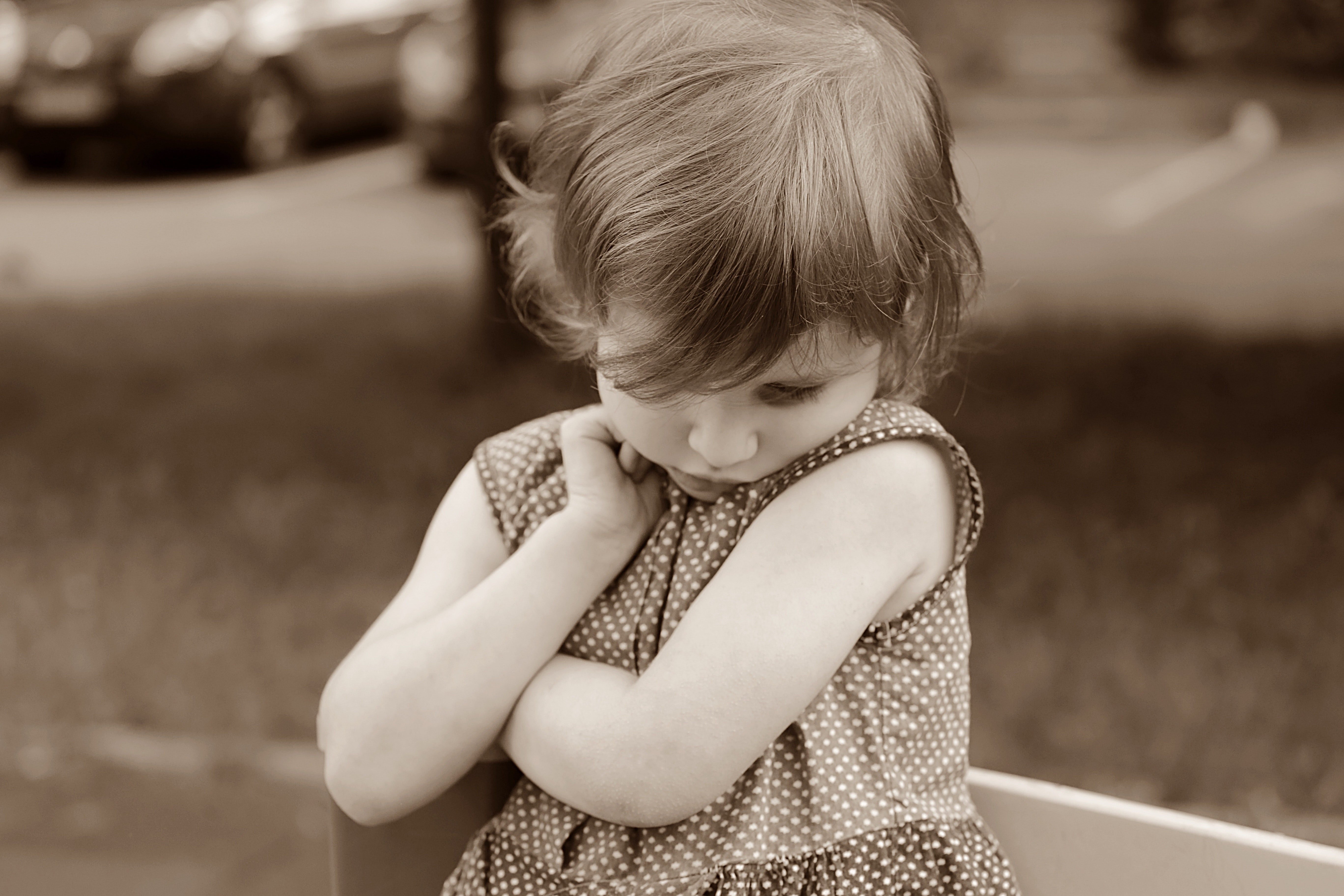 Modern pedagogy — that is, the pedagogical, psychological, and psychiatric schools of the ’60s — advocated that parents never say “no” to their children. These pedagogues taught that prohibiting a child from anything from sucking his thumb to attending bad movies would cause a negative traumatic experience.
Modern pedagogy — that is, the pedagogical, psychological, and psychiatric schools of the ’60s — advocated that parents never say “no” to their children. These pedagogues taught that prohibiting a child from anything from sucking his thumb to attending bad movies would cause a negative traumatic experience.
In May of 1968 the Sorbonne Revolution launched the challenge to the civilized world that people should discard both divine and social laws that were too constricting. They would then be free to express themselves as they wished; that is, to live by instinct. “It is forbidden to forbid” was the motto of the Sorbonne revolutionaries.
Today, some of the same students who launched that cry thirty years ago and are now parents and professors are retracting it. Mugged by reality, they are turning to traditional standards. They might now say that “it is permitted to forbid.”
Yes, time and experience have proven the prior theories wrong; they have collapsed like a deck of cards. Consequently, the end of the twentieth century has ushered in a new class of pedagogues. These teach that, yes, parents must set limits.
Why limits?
No is a strong word, and to say it to one’s child is hard. Yet, Asha Phillips, a psychotherapist who teaches at the Tavistock Clinic of London,affirms on the basis if extensive experience, studies, and research that, under certain circumstances, it is necessary to know how to say no.
Help Remove Jesus Toilet Lid on Amazon
She has published a book titled Saying No — Why It’s Important for You and Your Child. She writes that from the first months of a baby’s life it is important for parents to establish certain limits. She also says that it is important for parents to choose the right time and the right formula for saying no: “Those who say yes the whole time, so as to avoid the authoritarian image, are creating a fantasy and a situation that is dangerously removed from reality.”
Back to the Basics
No matter how far out modern theories venture, reality and sheer necessity seem to pull them right back to traditional ideals and principles.
Our Holy Mother Church, the great Divine Teacher who has so often been accused of being unbending and unsympathetic because She preaches the truth, has always been very clear on this point. She teaches us that we cannot leave our children to the indiscriminate mercy of their instincts. That is simply because, after Original Sin, not all their instincts are good. The Catholic Encyclopedia says regarding original sin: “The consequences of this first sin are death, concupiscence or the rebellion of man’s lower appetites against reason and will, and a darkening of the intellect.”
This Exorcism Shook the World in 1949
The tendency, then, to choose wrongly and to make mistakes is ever present, so if we love our children we must curtail or forestall the consequences of their erroneous choices.
If it is a child’s ultimate good that is at stake, how can any parent, teacher, or other guardian give the child free rein?
Besides, the same Catholic Church affirms that parents have a divinely appointed authority. To exercise this authority is not only a right but a positive duty. They must use it to help form their children’s character.Otherwise, they run the risk of losing their children to the competition, to the fierce internal enemy — to original sin.
If We Love Them
So, if we love them we must say no. Yet, that no must be so laden with reason that it never crushes and always builds. Saint Therese of the Child Jesus used to say that it is imperative that a child never sense irritation or a “taking off on him” attitude in the parent or teacher.
How Panera’s Socialist Bread Ruined Company
In his innocence, the child sees authority as something from God because, to him, his parents are the nearest beings to God. How many times we hear of children who think their parents were never born? To young children, parents are more or less infinite.
If, when corrected or told no, they understand that it was done justly and, therefore, for their ultimate good, they are not only open to the correction but, ultimately, grateful.
Again, it is hard to say no to our children. But children, despite what was taught in the ’60s, love affectionate parents who know how to forbid when necessary. Hearing a firm no, the children may stamp their feet and cry, but once the crisis blows over they harbor a greater admiration for their parents, confident of being able to count on them in more difficult situations.
Dr. John Rosemond, a family psychologist in North Carolina and a newspaper columnist, affirms: “Because it is the most character building, two-letter word in the English language, children have the right to hear their parents say ‘no’ at least three times a day.”
You see how positively he puts it: They have the right.
Yes, they have the right to have their bad inclinations curbed and their rightful characters enhanced. They have the right to be prepared for the much bigger no’s that life is certain to present to them.
[like url=https://www.facebook.com/ReturnToOrder.org]
Yes, no’s must be said and they must be said emphatically, with full and firm authority — a no can never be something between a yes and a maybe.
Yet, as Saint Therese puts it, it must be just. It must be devoid of personal content,that is, irritation, vengefulness, impatience.The child must sense that the no is really a big yes in disguise. A yes to discipline, to good, to virtue — ultimately, to God.


